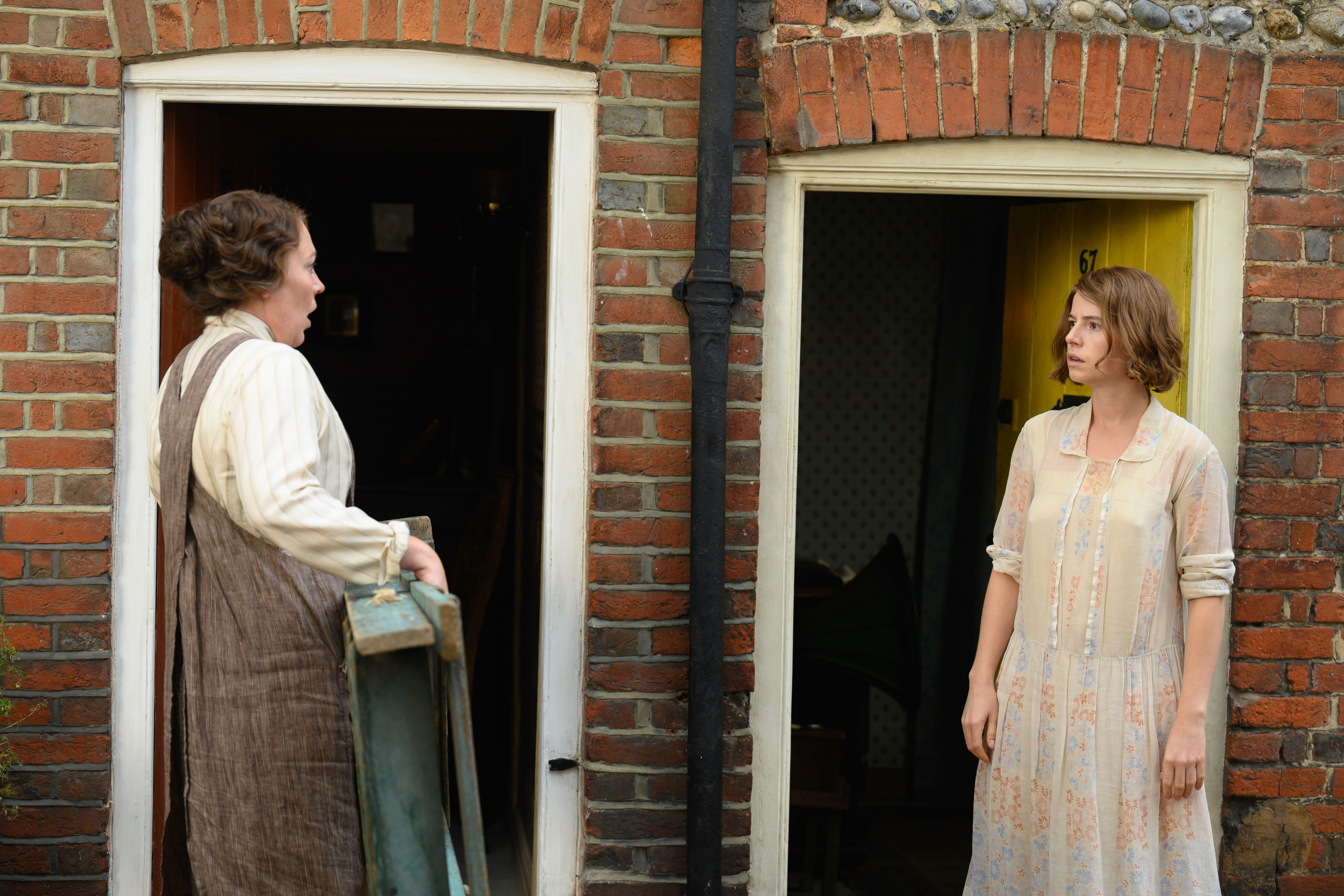
Hirayama (Koji Yakusho) is happy with his life, cleaning toilets by day and reading books, listening to music and growing trees in his spare time.
The story of the day to day existence of a toilet cleaner in Japan sounds absolutely dreary and like the plot of a Ken Loachian poverty porn film but this basic description of Perfect Days belies the nuance and poetry that director Wim Wenders delivers in this stunning film that is uplifting and life-affirming without, for one second, becoming preachy or forced.
Koji Yakusho gives a performance of such subtlety, gentleness, beauty and humanity, it is joyous that he won the Best Actor prize at Cannes for this character, his work is so delicate, understated and moving and he does so with very little dialogue.

It begins so ordinarily with Hirayama, a man of few words, waking up early, watering his plants and getting in his van to go to work, listening to old cassettes and travelling around Tokyo cleaning public toilets with his co-worker, Takashi (Tokio Emoto) who is a bit of a clown and not the best worker but his heart is in the right place.
Koji spends his days working, then going to his usual place to eat his lunch in a park and taking a photo of the trees and the light shimmering through it, finishing work, going to the public baths for a shower and maybe off to his favourite bar for a drink always ending the day reading one of his books.
Still waters run deep.
Koji manages to see the lightness, the joy in everything, he is far from a simple man but is a man of simple tastes and needs. We know hardly anything about him and Wenders reveals little along the journey but during his everyday life and through some unexpected encounters we gradually learn more about his past.
It really doesn’t matter as Now is Now (Ima wa ima) and here he is in front of us, living, being, now.

Takashi (Tokio Emoto), Hirayama (Koji Yashuko) and Aya (Aoi Yamada) in Perfect Days
Wim Wenders is 78 and he is still one of the absolute greats.
It has been a while since I saw one of his films but Paris Texas and Wings of Desire from the 1980s are up there amongst my favourite films of all time.
His documentaries are always well received, 3 of them being nominated and Perfect days was also nominated for Best International feature at this year’s Academy awards, losing out to The Zone of Interest. It would actually make a counter argument for humanity, although I think you should watch The Zone of Interest first then Perfect Days to leave you with some hope.
Perfect Days is so beautiful and moving without any of the dramatic histrionics, Wenders shows us several black and white dream like imagery scenes as Koji sleeps, this is a very effective way to seperate the days in a structural way even though it still feels rhythmical and flowing.
Special mentions go to the supporting cast Arisa Nakano (Niko), Aoi Yamada (Aya), Yumi Asou (Keiko), Sayuri Ishikawa (Mama), Min Tanaka (Homeless Man) and Tomokazu Miura (Tomoyama).
Also, worth mentioning is the great soundtrack featuring The Animals, Otis Redding, Patti Smith, Van Morrison, The Rolling Stones, The Kinks and Lou Reed. Long live analogue.

Wim Wenders & Koji Yashuko
I found myself tearing up several times during the film (I may have been the only one at the screening to do so), I can’t know this for sure, I didn’t hear any other sniffles but a kind lady next to me offered me a tissue, which I graciously declined as I had finished that bout of eye watering (I thanked her for her offer after the film had finished).
This is the kind of thing that moved me in the film, the human interactions, quiet, honest, caring.
Humanity at it’s most honest and most pure.
Wim Wenders is a master filmmaker. In other hands and viewed from a different angle this film could have come off much less optimistic. It all depends on how you see things. Thank goodness for this film it begins to redresses the balance in favour of beauty and positivity.
Life is beautiful, folks. It’s all about your perspective.
Thanks for the reminder, Wim.
2 hours and 3 minutes





